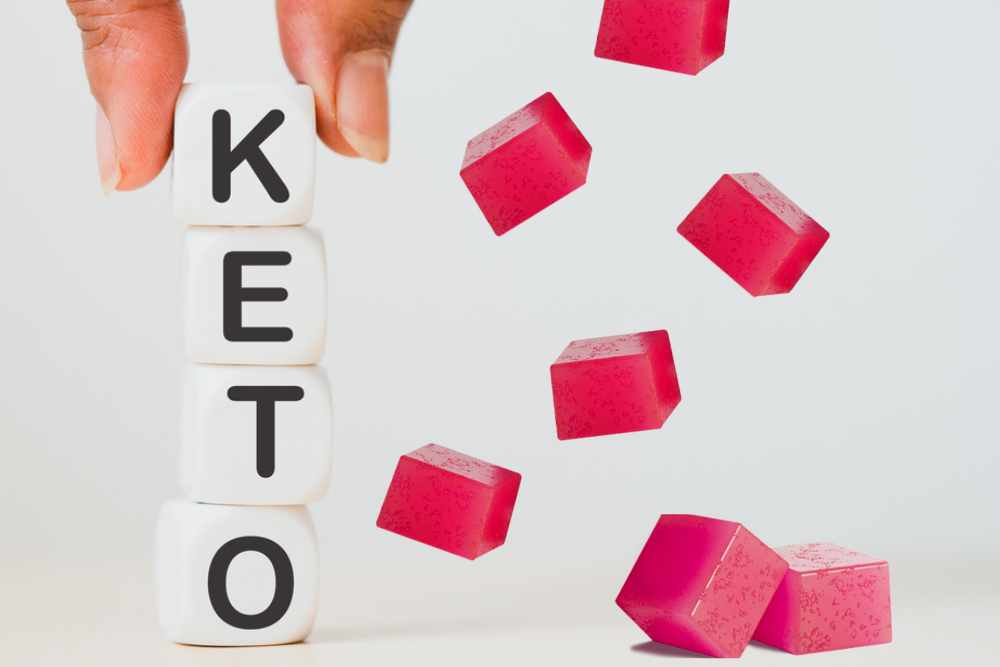Cannabidiol (CBD) is linked to a host of medical benefits. CBD is perhaps best known for treating epilepsy-related seizures and other similar neurological disorders.
In addition, the cannabinoid is associated with alleviating pain, anxiety, nausea and digestive upset. It is also linked to lower incidences of diabetes and improved cardiovascular health.
Recent research is pointing to CBD's role in treating brain trauma — something that’s particularly noteworthy as the effects of concussions continue to dominate headlines.
In 2016, nearly one-fifth of American adolescents reported at least one diagnosed concussion throughout their lifetime. More than five percent reported having more than one concussion.
Concussions in sports are a serious public health issue because of how frequently they occur, and their severe short- and long-term consequences. But head injuries can happen outside of the sporting field. They can be a result of car accidents, falls and other types of incidents.
Traumatic brain injury is one of the leading causes of death across the globe in people younger than 45. Brain injuries affect 1.7 million Americans every year, and is one of the most common effects of epilepsy in adults.
The brain is surrounded by fluid and protective membranes meant to cushion the brain. When the head is impacted with great force, the brain is shoved up against the inside of the skull. This can cause bruising to the brain and lead to injury. In severe cases, head trauma can result in torn brain tissue, bleeding and other forms of physical brain damage that can lead to complications and even death.
So, what role can CBD oil have in treating head injuries?
Related: The Ultimate Beginners Guide To CBD
CBD's Role in Treating Head Injuries
In studies, quality CBD products have been found to serve as a neuroprotectant to the brain after head injury and helps reduce neurological damage following trauma. One study published in American Surgeon looked at how cannabis can be used to help treat people who suffered a traumatic brain injury.
Researchers found that cannabinoids like CBD mimic and even amplify endogenous cannabinoid activity that the body already naturally produces on its own. These endogenous cannabinoids are part of the endocannabinoid system (ECS) that is tasked with regulating a host of different important physiological processes relevant to the effects of a brain injury, including blood flow to the brain and inflammation.
By influencing the activity of such ECS-related endogenous cannabinoids, patients inflicted with brain injury may be able to heal faster and more effectively than those who do not add CBD to their treatment regimen.
Another study published in the British Journal of Pharmacology linked cannabinoids to a significant reduction in cell death in the brain after a traumatic head injury. In response to head trauma, the endocannabinoid system is activated and springs into action as a self-protective tactic. Cannabinoid receptors CB1 and CB2 are activated to protect the brain against traumatic impact to the head.
The cannabinoids found in cannabis are able to activate these same receptors with similar effects to those of the natural endocannabinoid system in the body that help to protect and heal the brain following trauma.
In animal experiments, scientists have been able to reduce brain injury in rodents by administering compounds from cannabis due to its effects on the cannabinoid receptors in the endocannabinoid system. CBD has been shown to be highly active against brain ischemia, and can reduce brain damage and boost recovery in animal participants after traumatic brain injury.
A 2010 report published in the British Journal of Pharmacology found that CBD limits the extent of damaged tissue when administered to lab rats after a head injury.
It was also shown that CBD can delay the degenerative effects that are common following head injury, as there is usually only a short period of time when therapeutic interventions can prevent such effects. Scientists have discovered that the effects of CBD can offer long-lasting protection to the brain if administered shortly after brain injury.
In fact, these plant cannabinoids have also been linked to the treatment of other neurodegenerative conditions that impact the brain aside from trauma or impact like Alzheimer’s disease, Parkinson’s disease and dementia.
The effects of CBD has become a phenomenon in the medical field with its promising applications in various settings to treat and alleviate issues related to a number of medical ailments. But in addition to the more well-known medical benefits of CBD, the cannabinoid is proving to be helpful treating traumatic brain injury.
Tagged under













No comments yet!
Be the first to comment